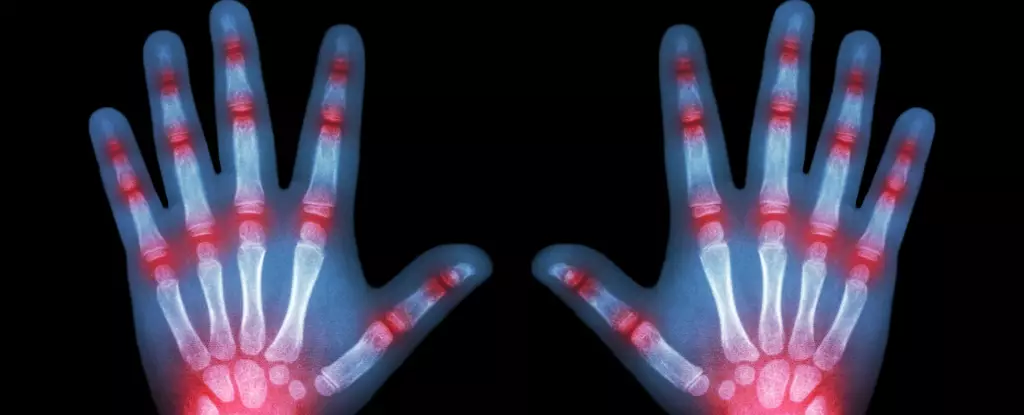Juvenile idiopathic arthritis (JIA) is a condition that is often associated with older individuals, but it can also affect children and teens. In fact, it is the most common type of arthritis in children, affecting around 1 in 1,000 kids under the age of 16 in the UK. JIA causes joint pain and inflammation in various parts of the body, such as the hands, knees, ankles, elbows, and wrists. Unfortunately, there is currently no cure for JIA, but treatments are available to manage pain, reduce swelling, and prevent joint damage.
Children with JIA face not only physical challenges but also social and emotional difficulties. The condition can cause joint pain, stiffness, and weak muscles, which may hinder a child’s ability to be physically active. This, in turn, can lead to feelings of isolation and impact their social development. Additionally, teens with JIA may struggle more in school and their future career choices, as they often have to deal with attendance issues, difficulty participating in certain activities, and the need for tailored support programs to help them manage their illness.
The Importance of Physical Activity
Despite the challenges posed by JIA, physical activity is essential for children with this condition. Lack of activity can lead to weak bones and a lower quality of life, whereas appropriate exercise can help strengthen bones, build muscle, improve overall health, and boost mood. Experts recommend that children with JIA aim for 60 minutes of activity per day, tailored to their individual health and symptoms. It is possible for children with JIA to participate in sports and other physical activities, as demonstrated by elite athletes who have successfully managed their condition while pursuing their careers.
Support and Awareness
One of the biggest challenges for children with JIA is the lack of awareness about the condition, which can prevent them from receiving the support they need. It is crucial for adults in influential roles, such as teachers, policymakers, and healthcare professionals, to understand the challenges faced by young people with JIA and work towards improving support systems for them. Research is ongoing to better understand the impact of JIA on adolescents and young adults, with the goal of developing evidence-based policies to support the needs of young people with arthritis.
Managing JIA from a young age is crucial for the long-term well-being of affected individuals. By providing comprehensive support that includes medical treatment, tailored exercise programs, and social care, it is possible to empower children with JIA to navigate their challenges more effectively and lead fulfilling lives. Recognizing the full scope of JIA’s impact and working towards improving support systems are essential steps in ensuring the well-being of children and teens with this condition.


Leave a Reply